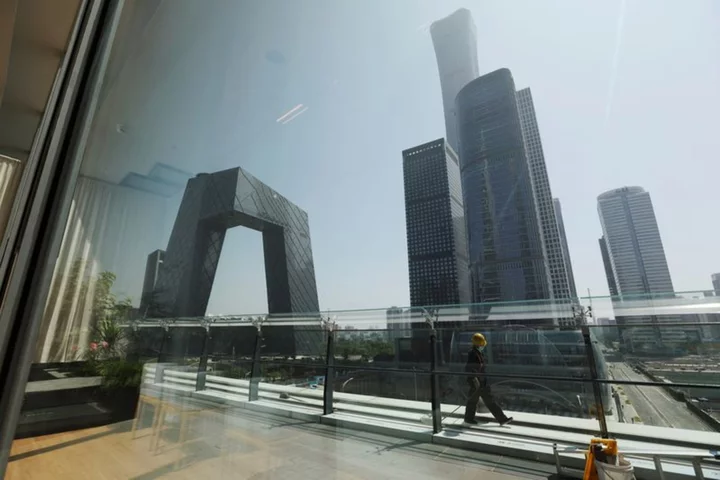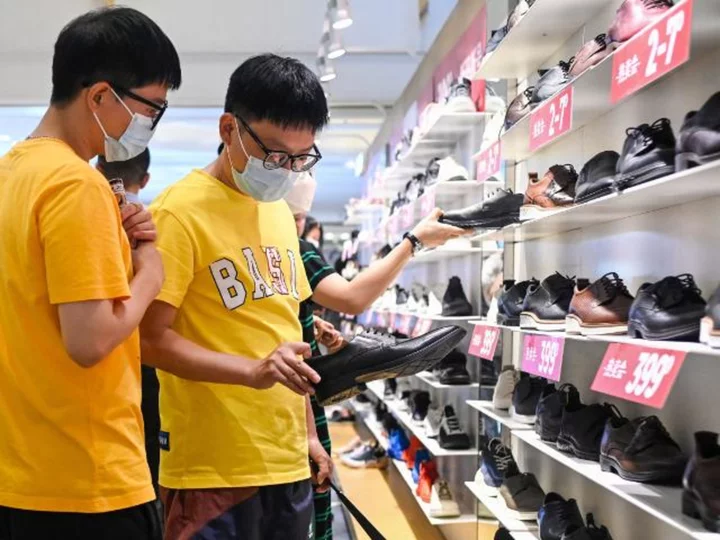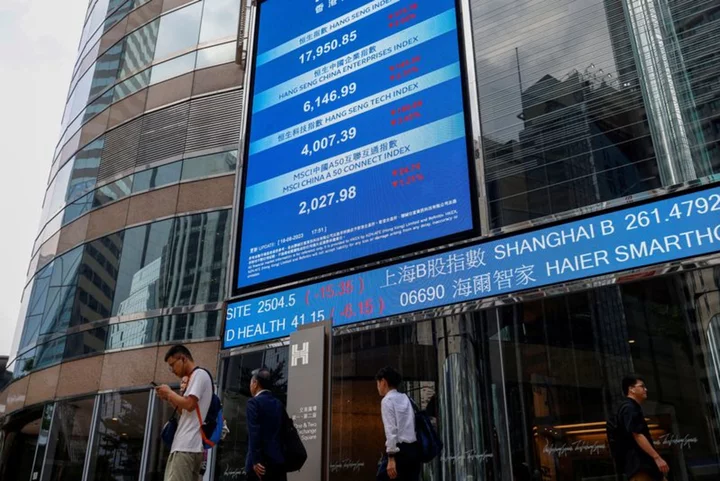By Kevin Yao
BEIJING China's economic slowdown is polarising government advisers over the best way forward, with advocates of structural reforms now emerging from the shadows in a challenge to others calling for more state spending to shore up faltering growth.
The rare debate among advisers, who influence policy-making but do not wield direct power, comes as global markets scramble for clues on how authorities will halt a downturn that has left millions without jobs, forced investors to flee and the yuan to tank.
A dribble of piecemeal support measures from Beijing in recent months has raised questions about the tough choices China's new economic leadership now faces over whether to prioritise short-term relief or long overdue reforms.
Advisers calling for immediate stimulus argue the central government's low debt means it can shoulder the burden with municipalities to finance infrastructure and other spending to rev up activity. But pro-reform advisers argue the stimulus playbook that helped drive growth for decades has run its course and that bolder structural changes to the economy are now needed.
Both camps argue their proposals should be treated with urgency by policymakers, ahead of the annual Central Economic Work Conference, an agenda-setting gathering of top leaders expected in December.
"We need stronger stimulus policies and an overall plan, a package of macroeconomic policy measures," said Yu Yongding, an influential government economist who previously advised the central bank.
"China should issue more government bonds to finance infrastructure investment, including more investment in public facilities such as hospitals and old people’s homes. China should not be afraid of increasing its budget deficit-to-GDP ratio and government bonds-to-GDP ratio," Yu told Reuters.
China's central bank is constrained in how much it can ease monetary policy amid fears a widening interest rate gap with the United States would trigger capital flight and yuan falls, Yu said.
"We need to step up fiscal stimulus. There is room for the central government to step up spending given its sound fiscal position," said an adviser who spoke on condition of anonymity.
The central government's debt as a share of gross domestic product is just 21%, far lower than 76% for local governments, including their hidden debt.
China targets a budget deficit of 3.0% of GDP for 2023. Local governments are racing to issue the 2023 quota of 3.8 trillion yuan ($520.68 billion) in special bonds this month to fund infrastructure.
The pro-reform camp is beating the drum for faster structural reforms, including relaxing the system of residence permits, or "hukou", to spur consumption, removing market entry barriers for private firms at the cost of state giants.
Some are calling for reviving stalled market reforms amid signs of increased state controls in the economy.
International Monetary Fund Managing Director Kristalina Georgieva told Reuters over the weekend that the Fund plans to tell China to boost domestic consumption, rein in local government debt and clean up its bloated property sector.
"Policy stimulus is not effective and it's just a placebo," said one of the advisers.
Liu Shijin, an adviser to the central bank, said China must push reforms to unleash spending power of migrant workers who had entered cities, a view shared by former central bank head Yi Gang.
Reforms are urgently needed as growth engines such as property, exports and infrastructure are stalling, he said.
"If we continue to focus on macroeconomic policies to stabilise growth, the side effects will increase, and more importantly, the opportunity for structural reform will be missed again," Liu told a forum last month.
"It's not just macroeconomic policies that have short-term effects. Structural reforms with expansionary effects can also have immediate effects."
TIGHTROPE
Despite the heated debate, analysts expect Chinese leaders can walk a tightrope between stimulus and reforms.
"China's current economic woes are caused by both cyclical and structural factors and, hence, require measures on both fronts," Tao Wang, chief China economist at UBS, said in a note.
The world's second-largest economy is showing some signs of stabilsing after a flurry of modest policy measures, but the outlook is clouded by a property downturn, aging demographics, high debt and geopolitical tensions.
The Asian Development Bank on Wednesday trimmed its growth forecast of China to 4.9% from 5.0% in July due to the weakness in the property sector.
While structural changes require political will, pro-reform advocates argue that without them, China will struggle to sustainably revive confidence in its economy, especially the private sector.
"We must return to the basis set by Deng Xiaoping, otherwise the economy won’t be good as overseas investors don’t have confidence," said Yi Xianrong, an economist at Qingdao University and former government adviser. "The economy is unlikely to pick up as long as private firms lack the confidence to invest."
($1 = 7.2982 Chinese yuan)
(Reporting by Kevin Yao. Editing by Sam Holmes)









